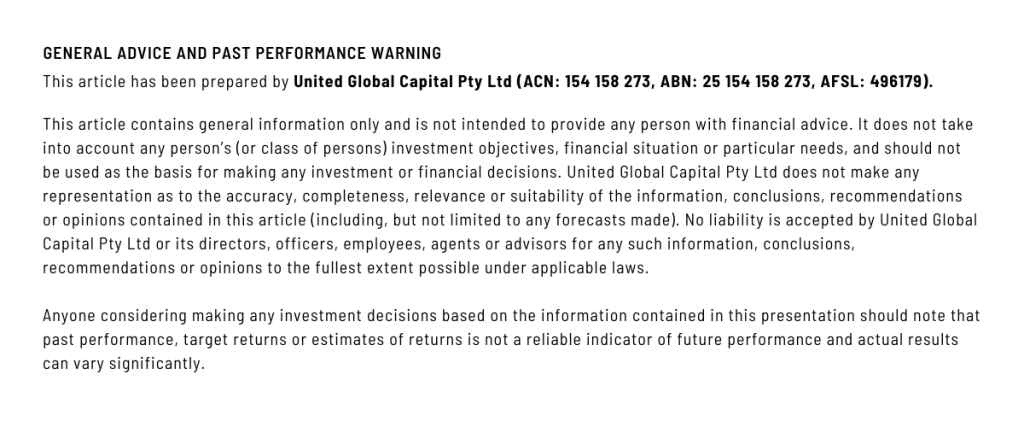Debt Consolidation: A Comprehensive Guide
In today’s world, the rising levels of debt have become a pressing concern for many individuals. Whether you’re striving to boost your credit score for a mortgage application or struggling to meet increasing mortgage payments and unexpected expenses, managing debt can feel like an uphill battle. Fortunately, there are effective strategies available to regain control of your financial situation, such as debt consolidation and tapping into your home equity. In this article, we’ll delve into the essential aspects you need to know when crafting a debt management plan tailored to your needs.

Mapping Out Your Debt Management Plan
Facing your financial reality can be a daunting task, but it’s a crucial first step toward developing a successful debt management strategy. To create a workable plan, you must have a clear understanding of your total debts and expenses. This involves compiling a list of your debts, including their current interest rates, along with an assessment of your income and valuable assets. Additionally, keep in mind that lenders typically require at least six months’ worth of recent bank statements.
Once you have a comprehensive view of your finances, you can explore various debt repayment options. Your plan may involve prioritising which debts to tackle first, switching to a more affordable mortgage, and consolidating your debts into a single loan that reduces both interest rates and fees. In some cases, it may also necessitate cutting back on non-essential spending to expedite your path to financial stability.
The Advantages of Debt Consolidation
Debt consolidation entails merging multiple debts, including personal loans, credit cards, and your home loan, into a single loan. This approach simplifies your repayments, transforming them into a single recurring payment rather than juggling multiple payments with varying interest rates.
Consolidating your debts into one loan provides clarity regarding when you can achieve a debt-free status. It also offers greater control over your budget, reducing costs through a lower total interest rate and fewer associated fees.
If you’re concerned about the impact of your debts on your credit score, consolidating them into a single loan can be advantageous. While it may temporarily lower your credit score, it is likely to improve over time as you gain better control over your repayments.
Nevertheless, it’s essential to recognise that debt consolidation isn’t a one-size-fits-all solution, and it may not be suitable for everyone.

Important Considerations
Despite the apparent benefits of streamlining your debts, there are risks and considerations to bear in mind before proceeding. The key question is whether you will be financially better off in the long run.
Initially, debt consolidation may entail upfront costs, such as balance transfer fees, closing costs, and new loan fees. Over the long term, extending the length of your loan to reduce monthly payments can result in paying more interest and increasing your overall expenditure.
Debt Consolidation and Your Credit Score
If you’re a homeowner, exploring the option of remortgaging at a lower interest rate is worth considering. After all, even in today’s market, mortgage interest rates are typically lower than those of credit cards or personal loans.
Chances are you’ve witnessed an increase in your home equity in recent years, making it tempting to tap into this resource through a drawdown facility. However, lenders assess your ability to manage a larger loan and place significant importance on your credit score when determining your eligibility.
Your credit score takes into account your existing debt and your ability to meet current repayment obligations. Therefore, it’s advisable to assess your credit score before applying for a new loan to consolidate your debts. This proactive approach helps minimise the risk of rejection, which could further impact your credit rating.
Take Control of Your Financial Future
Managing debt can be challenging, but with the right strategies in place, it’s possible to regain control of your finances. Debt consolidation is a powerful tool that simplifies repayments and can ultimately improve your credit score, but it’s essential to weigh the pros and cons before proceeding.
If you’re ready to take the first step toward financial freedom and explore debt consolidation or other debt management options, don’t hesitate to contact us. Our team of experts is here to guide you on your journey to financial stability and security.

